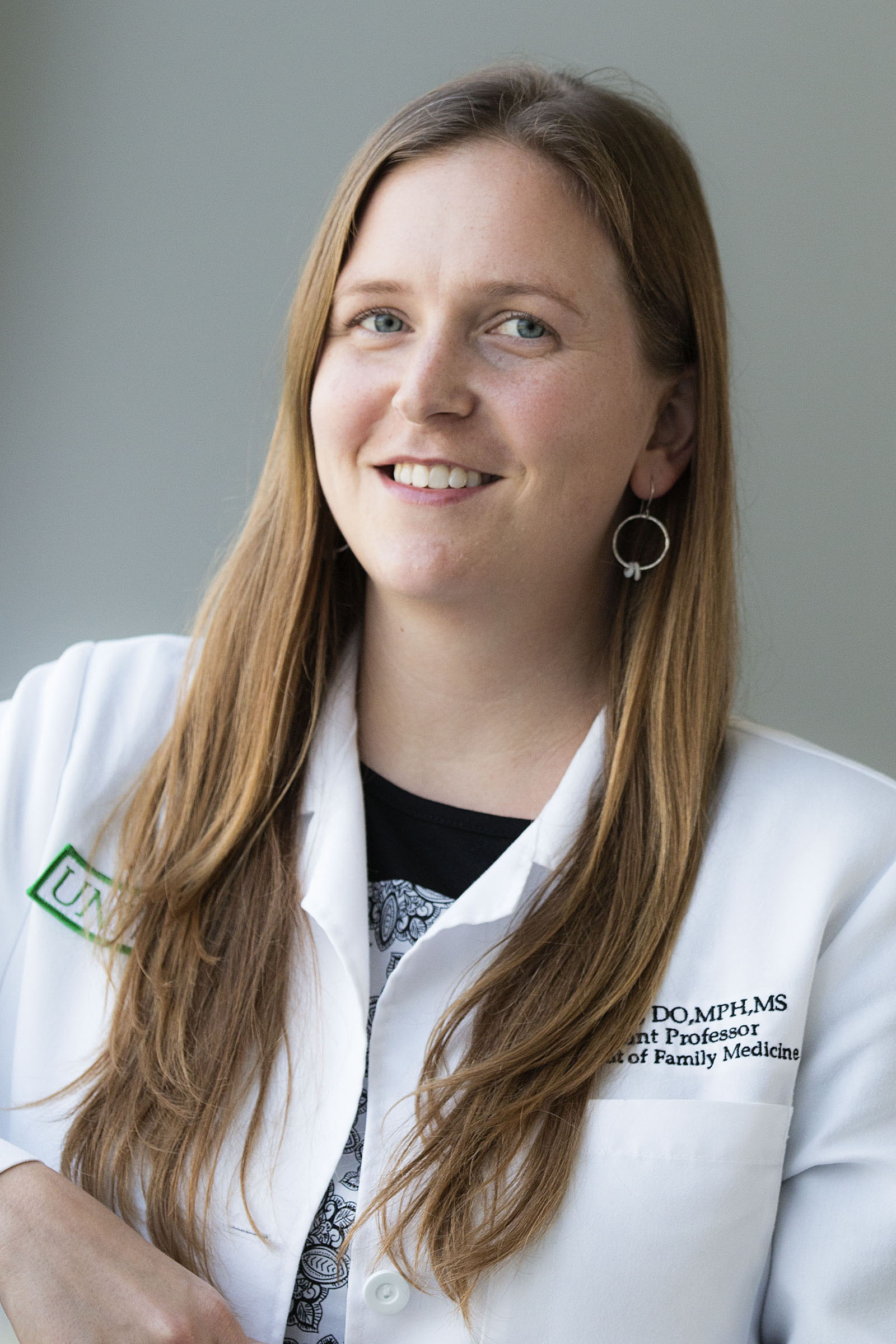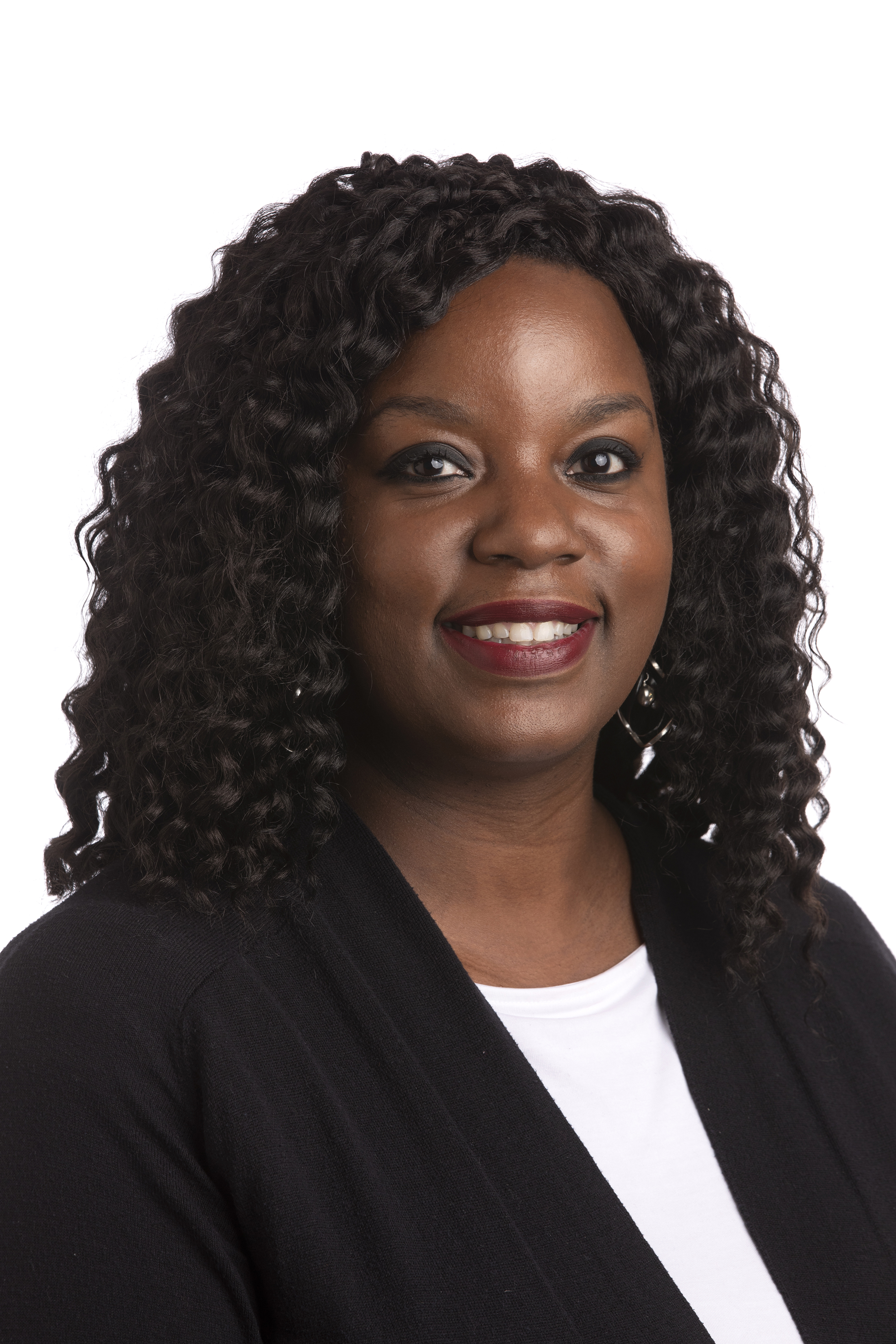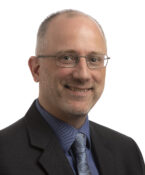TCOM chosen to participate in STFM’s Anti-racism Learning Collaborative


The Texas College of Osteopathic Medicine (TCOM) at the University of North Texas Health Science Center at Fort Worth (HSC) was selected by the Society of Teachers of Family Medicine (STFM) to participate in the highly coveted Anti-racism Learning Collaborative. Headed by TCOM’s Associate Professor in Family Medicine and OMM Didi Ebert, DO, MPH, MS, CPPS, FAAFP and Melva Landrum, the Director of the Office of Medical Student Success, TCOM was one of just 20 medical schools or residency programs across the nation chosen for the project.
Dr. Ebert and Landrum will head a group of 11 TCOM faculty and staff who, over the next 18 months, will work to integrate knowledge, skills and attitudes necessary to drive health equity into professional identity formation, clinical practice, population health management and policy advocacy training for TCOM.
“For me this work is an extension of the CDC Population Health Training in Place Program,” said Dr. Ebert. “The more I studied about social determinates of health (SDOH), the more it became clear that race/ethnicity is a SDOH because of racism. I started seeing that without explicit work in the domain of anti-racism in medicine, we wouldn’t make an impact on race being SDOH that drives health disparities.”
This project will address structural racism by integrating learning into medical education that will identify, analyze and develop actions to challenge and dismantle the ideological structure of racist beliefs, systems and practices.
“This work is important because it allows institutions to be active and engaged in identifying productive activities to be an antiracist organization,” said Landrum. “Through our project, we are hoping to take a deeper dive into what it means to be an anti-racist institution, and we are thrilled that TCOM will be a part of that conversation on a national level in medical education.”
Dr. Ebert, Landrum, TCOM faculty and staff will meet to develop strategies and interventions to examine and potentially improve the integration of anti-racism curriculum content at the pre-clinical and clinical levels for medical students. Through this project, the participants will develop skills to recognize and combat racism at individual, system and policy levels.
“Anyone going into health care, and especially those who go into primary care, needs to understand why health disparities exist and what we can do both individually when working with patients and collectively at a system and policy level to impact change,” said Dr. Ebert. “There needs to be more work in that area within medical education to develop and implement curricula that supports competency growth in anti-racist patient care and advocacy.”
TCOM leadership took feedback from faculty and students over the past year, and both groups cited diversity as a common theme — along with DE&I-focused communication skills, representation in standardized patients and institutional racism. This collaboration aims to work with other medical schools and residency programs to develop a shareable curriculum that will focus on anti-racist practices in medical education.
“We want to produce an anti-racist mindset when it comes to medical education and how it deals with health care disparities,” said Landrum. “This anti-racism learning collaborative is an opportunity to continue to support our institutional values through respectfully challenging the ways things have been done. The STFM wants to grow in this area, develop mentorship to help programs develop. The other part is what we are trying to do at TCOM. We want this literature and training to begin to change in terms of patient care outcomes when it comes to race.”
Dr. Ebert and Landrum will work in pairs with the other institutions, and there will be a mentor assigned to each school to help move the project along. TCOM must present their work to a national conference in 2023.
“I think this generation and the following generation have a proactive mindset, and this type of collaborative will help students see that they can actually take action, and that’s OK,” said Landrum. “We hear them. We have listened to what they are asking for and hope this begins the process to meet some of their needs.”





Social media